In February earlier this year the Full Federal Court considered the question of whether whether juvenile offending where no conviction was recorded, could be considered by the Minister when assessing a non-citizen’s character under s 501 of the Migration Act. The decision of Thornton v Minister for Immigration, Citizenship, Migrant Services and Multicultural Affairs [2022] FCAFC 23 is significant because the Full Federal Court held that where no conviction is recorded following a finding of guilt:
a juvenile offender is taken never to have been found guilty of the offence; AND
the Minister for Immigration is prohibited from taking the conviction into account.
This means that if your visa is being cancelled based on juvenile offences where no conviction is recorded, you may have grounds for appeal.
Thornton, the appellant, was a young man from the UK who has lived in Australia since he was 3 years old. His latest visa was a Resident Return visa (Class BB subclass 155). Following a series of convictions in 2018, his visa was cancelled. He was 21 years old at the time of sentencing.
In their decision, the Minister had regard to Thornton’s juvenile criminal record. Thornton had a lengthy criminal history dating back to 2015, involving offences for which no convictions had been recorded. He appealed the case to the Federal Court, arguing that his juvenile criminal record ought to have been treated as irrelevant for the purposes of assessing character under s 501.
In her reasons, SC Derrington J made note that the while the Penalties and Sentences Act provides“the fact of the exercise of the discretion not to record a conviction is admissible in any future sentencing proceedings”, the Youth Justice Act provides “that if no conviction is recorded, a finding of guilt against a child must not be admitted in subsequent proceedings against an adult for an offence.” She emphasised this distinction in language, and read into it a parliamentary intention that where a conviction is not recorded, the admissibility of this information is different for juvenile and adult offenders.
You can read the Federal Court’s full decision here. We note that the High Court has granted special leave to hear this appeal.




